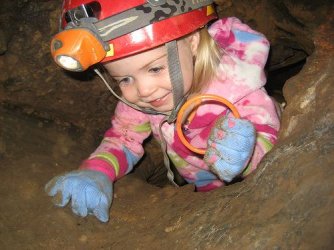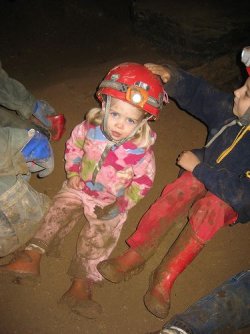Bat Lady Praises Winged Pest Killer
Grape growers learn value of natural insect controller

JEFF KAN LEE / The Press Democrat
A pallid bat is shown to Sonoma County Farm Bureau members Thursday by bat expert Patricia Winters. It's the only bat species locally that hunts on the ground, eating potato bugs and grubs.
By
ROBERT DIGITALE
THE PRESS DEMOCRAT
http://www.pressdemocrat.com/articl...350?Title=Bat_Lady_praises_winged_pest_killer
Published: Saturday, December 13, 2008 at 4:20 a.m.
Last Modified: Saturday, December 13, 2008 at 5:40 a.m.
She isn't a morning critter, which may explain why the female nestled in Patricia Winters' hand didn't look like a voracious predator of the night.
The Mexican free-tailed bat, which fit between Winters' index and ring fingers, nonetheless was billed as a formidable ally for the 50 farmers and pest controllers gathered Thursday in Santa Rosa.
"She's a little bat," said Winters, known to Bay Area schoolchildren as the Bat Lady. "But she can fly faster than any other bat in the world. And she can fly up to two miles high, and all she eats are crop pests."
This last fact mattered most to those listening at the Sonoma County Farm Bureau.
The grape growers and pest workers had gathered for a presentation on the value of bats in insect management. And Winters, president of the Forestville-based California Bat Conservation Fund, provided a nonstop fountain of facts as well as three live bats for viewing.
Winters showed graphics from Doppler radar and thermal imaging to depict billions of moths moving north from Mexico into southeast Texas at a height of almost two miles. Each night the moths run into what Winters called the largest concentration of mammals on the planet, an estimated 200 million Mexican free-tailed bats living in caves outside Austin and San Antonio.
Only 2 percent of the moths ever make it past the bats, which can fly at speeds of 60 mph, Winters said. One recent study estimated that the bats prevent about $1 billion a year in U.S. crop damage.
Kathy Cowan, who volunteers with Winters, said she has a standard argument for convincing women about the value of bats. She focuses on the work the animals do in pollinating tropical fruit and reseeding rain forests.
"If we didn't have bats," Cowan said, "we wouldn't have chocolate."










